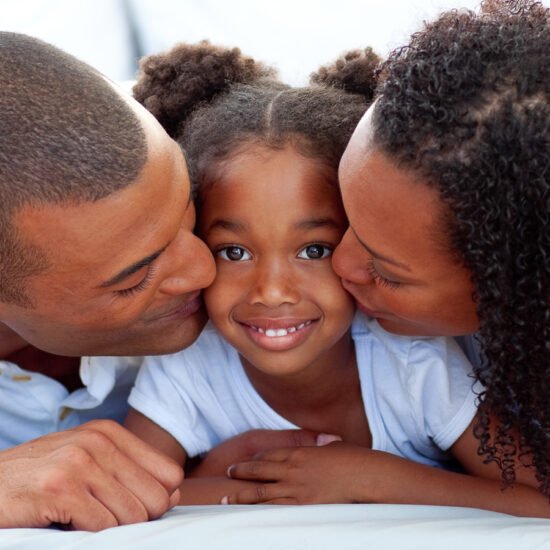The importance of educating happy children
One of the main wishes of all parents is their children’s happiness, something that is vital throughout childhood, one of the most joyful stages of life. Education helps to have happy children.

The main goal of parents is to have happy children. To be afraid, to be aggressive, to share, or to be happy is something that one not only inherits but that one also learns. When the environment is happy, children learn in turn to be happy, like a child who, from an early age, notes that it is important for their parents, who respond to their babbling, their needs and who take care of their education, their food and basic care.
Happy children are able to develop and face any task that comes along throughout their lives.
KEYS TO HAVING HAPPY KIDS
Developing an attitude of gratitude and recognition, showing respect for things, both enriches the growth in the children’s family environment and favours their mental stability. A positive education of the world makes children more confident and believe more in themselves. A positive person controls their mind better, interprets reality better, and is able to achieve full happiness.
Labels impair and limit the development of children’s identities, so instead of shouting that they are a bad child, it is better to tell them that they are a good child but that they are misbehaving. In addition to not labelling, it is important not to dramatise, educating children so that they give fair value to each thing and can learn to differentiate the most important details of life
Personal goals make children happy since, according to psychologists, children are happier when they can achieve their goals on their own merit. Still, it is important to develop children’s autonomy by letting them play alone or do some simple housework, and educate them to develop their emotional intelligence, being able to regulate and control their emotions in order to solve problems peacefully.
HAPPY CHILDREN BY AGE GROUPS
Until the age of 2, their experiences, such as learning to speak or walk, are full of affection and, through their memory, become part of their personality.
From the age of 2, children like to be watched with affection, praise and approval from the people they like gaining strength in their education.
At the age of 7 or 8, pride and shame appear and, at around the age of 10, they begin to realise that they must control their feelings.
As parents, we must take into account that happiness is subjective, and that the factors that influence it include everything around us, our needs, and also our genetic inheritance.
Edurne RomoEditorial Director “My baby.



